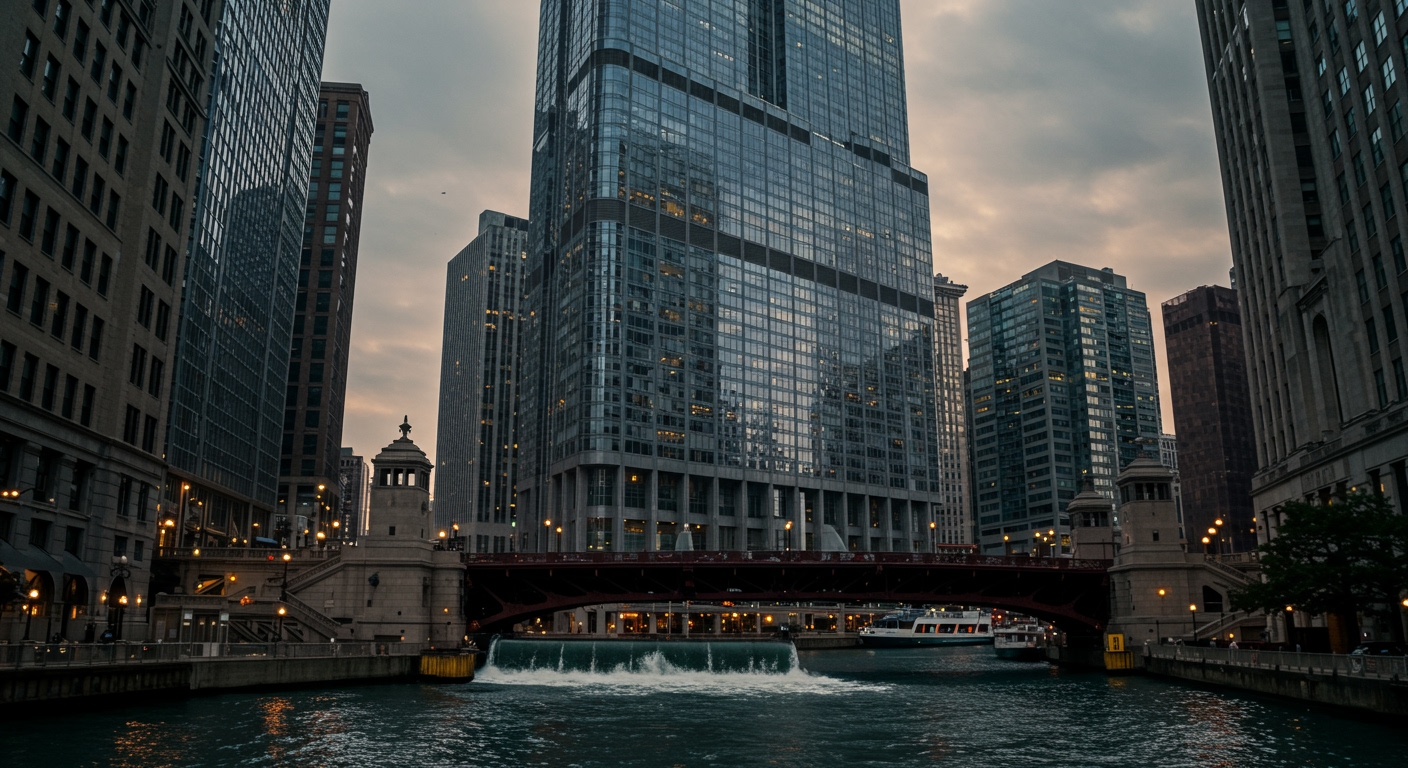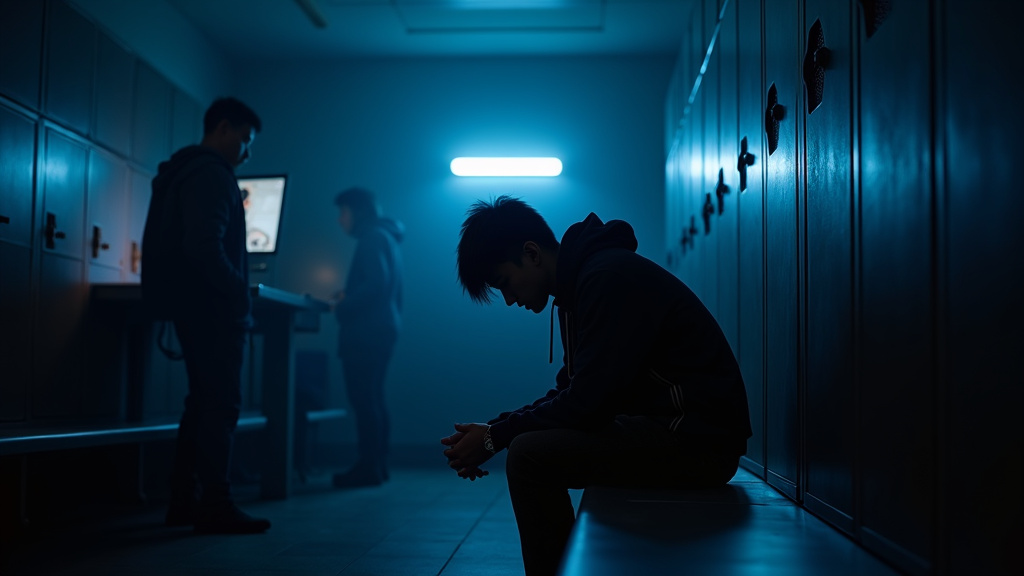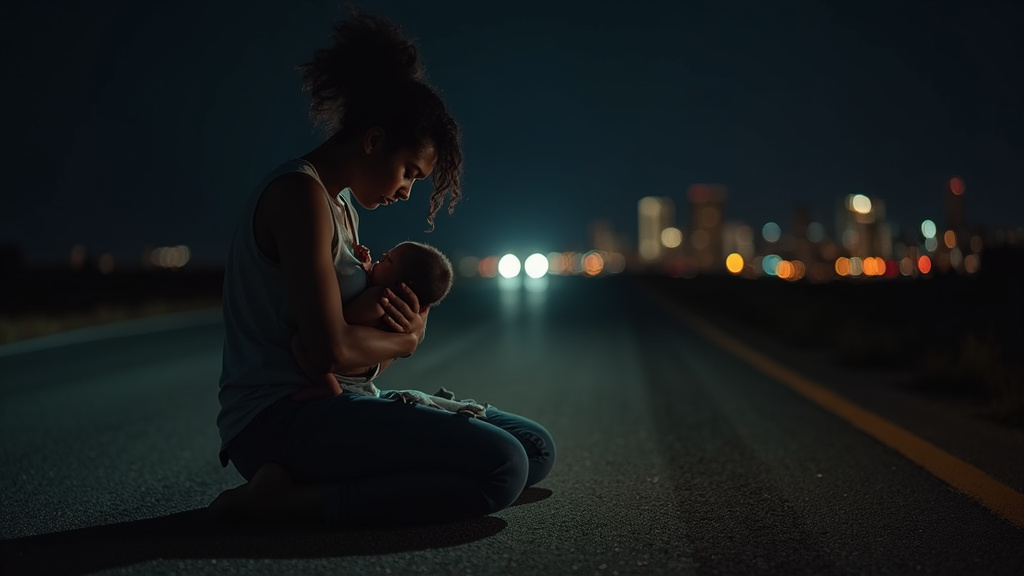Chicago, IL – Illinois health officials have confirmed the first human case of West Nile virus for 2025, CBS Chicago reports. The announcement serves as a stark reminder of the ongoing threat posed by mosquito-borne illnesses, particularly as the summer season progresses. The confirmation prompts a renewed focus on preventative measures and public awareness campaigns throughout the state.
The emergence of West Nile virus cases is an annual concern, with the virus typically spreading during the warmer months when mosquito populations thrive. Public health officials urge residents to take precautions to reduce their exposure to mosquitoes. This includes eliminating standing water where mosquitoes breed, using insect repellent, and wearing long sleeves and pants, especially during dawn and dusk when mosquitoes are most active.
Evergreen Park Mayor Issues Warning Following Personal Battle
The report from CBS Chicago also highlights the personal experience of Evergreen Park, Illinois, Mayor, who recently battled the West Nile virus. His experience underscores the serious impact the virus can have on individuals. The Mayor’s firsthand account serves as a powerful reminder of the importance of taking preventative measures. Having recovered from the illness, he has taken the initiative to warn residents of the severity of the disease. His experience offers a unique perspective on the challenges and recovery process associated with the virus.
“It’s something you don’t want to experience,” the Mayor said during a public service announcement. “Take precautions. This is not something to take lightly.”
Public health experts often emphasize that while most people infected with West Nile virus do not develop serious symptoms, a small percentage can experience severe illness, including encephalitis or meningitis. These conditions can lead to permanent neurological damage or even death. The Mayor’s recovery is a testament to the importance of early diagnosis and prompt medical attention.
Wildfire Smoke Adds Another Layer of Concern
Adding to the health concerns, residents of the Chicago area are bracing for the arrival of smoke from wildfires raging in Manitoba, Canada. Starting Friday, the smoke is expected to drift south, potentially impacting air quality across the region. This added stress on the respiratory system comes as Illinois deals with the start of the West Nile Virus season. The combination of these factors poses a potential public health challenge. The health effects of wildfire smoke can range from minor irritation to serious respiratory problems, particularly for vulnerable populations such as children, the elderly, and individuals with pre-existing respiratory conditions like asthma.
Authorities are advising residents to monitor air quality reports and take appropriate measures to protect themselves. These measures include staying indoors with windows and doors closed, using air purifiers, and avoiding strenuous outdoor activities when air quality is poor. The combination of the start of the West Nile Virus season, coupled with concerns about air quality, make summer 2025 a significant health concern.
Public Health Recommendations and Ongoing Monitoring
Local and state health departments are actively monitoring the situation and will provide regular updates to the public. Residents are encouraged to stay informed and heed the recommendations of health officials. The confirmation of the first West Nile virus case and the expected arrival of wildfire smoke highlight the need for heightened vigilance and proactive measures to protect public health. Health officials are stressing the importance of ongoing surveillance efforts and early detection of West Nile virus cases to minimize the impact of the virus. The partnership between local communities and public health officials plays a critical role in mitigating the spread of mosquito-borne diseases. The upcoming weeks will be critical in assessing the scope of the health risks and implementing effective strategies for protecting residents.
As the summer progresses, officials remind the public of the importance of personal responsibility. Regular mosquito spraying is a part of some communities’ protocols to combat the disease. Residents need to be aware and proactive in reducing their risk of exposure.















